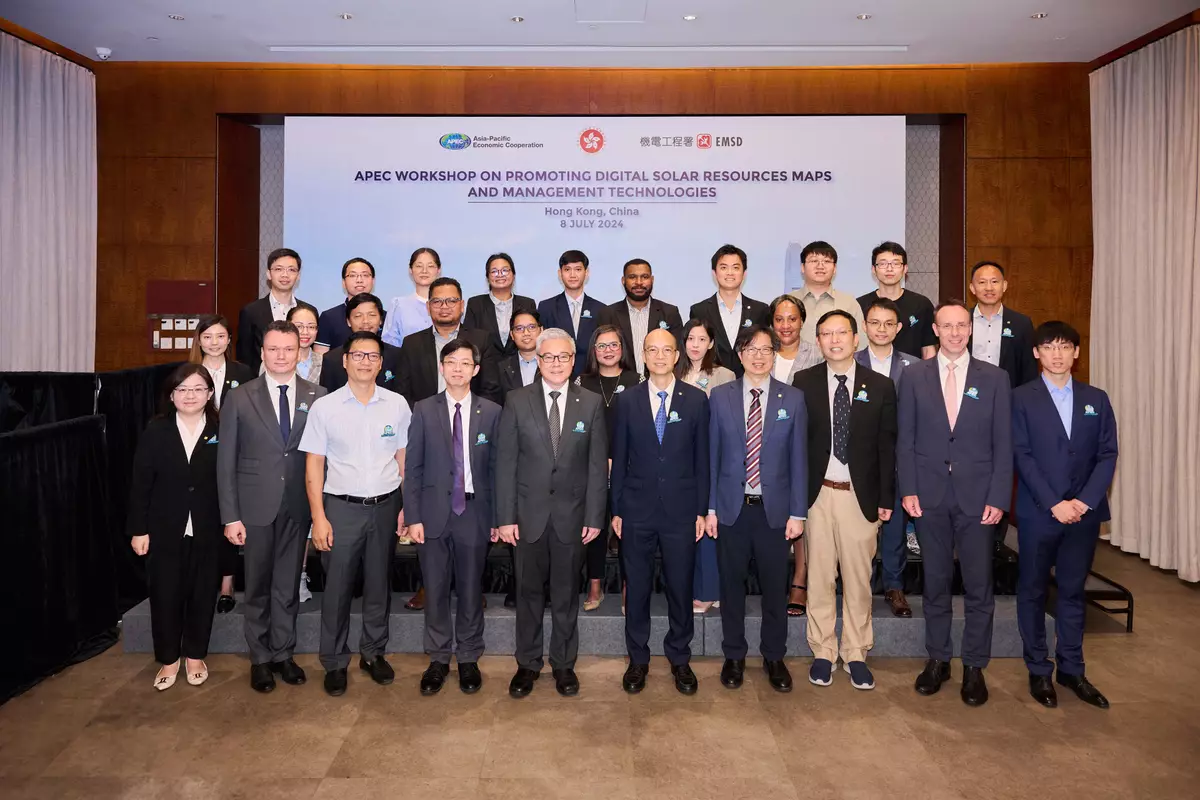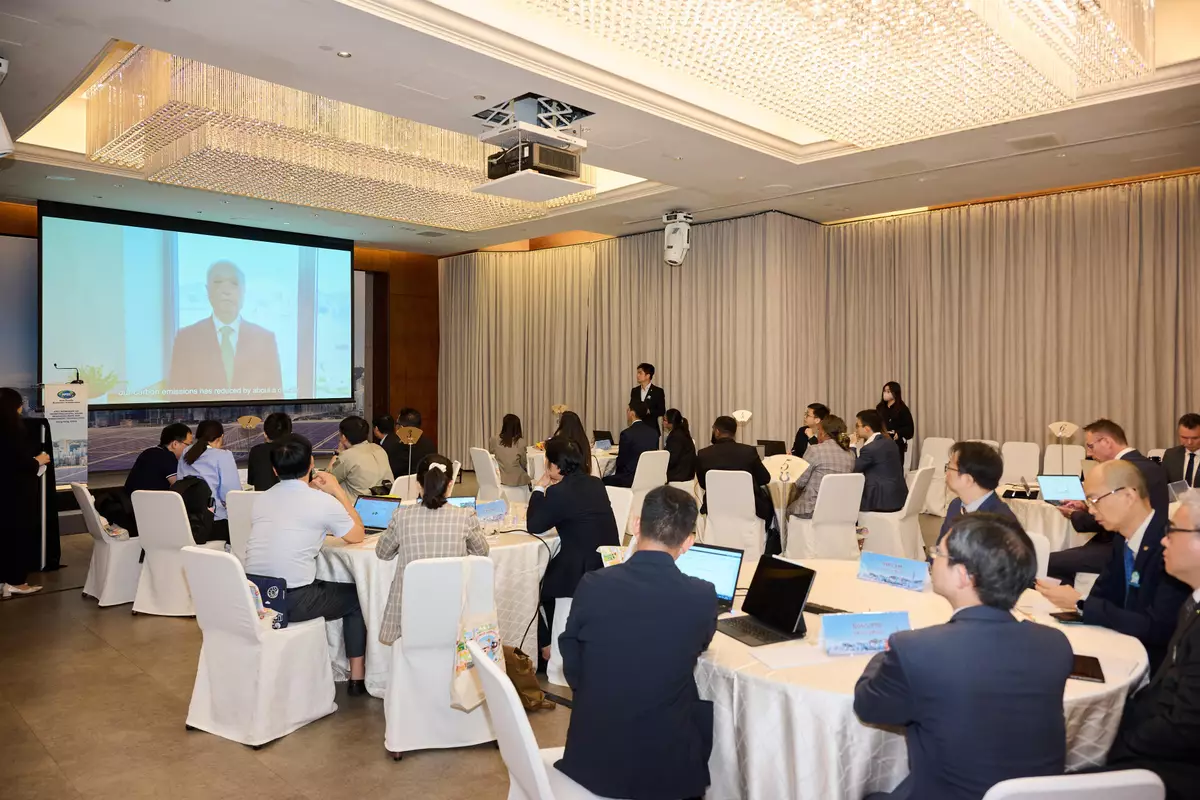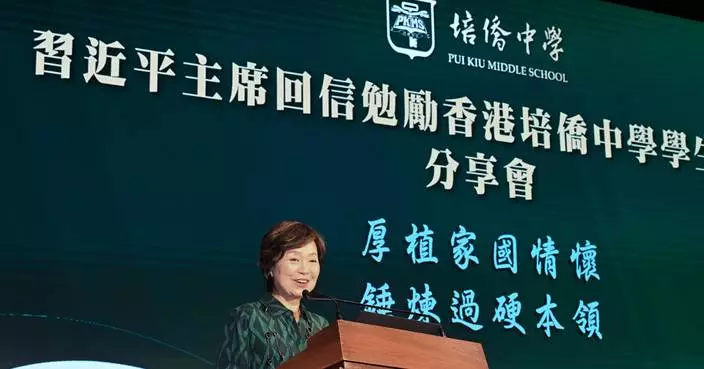Labour department issues heat stress warning: employers urged to take precautions to prevent heat stroke in hot weather for employees working outdoors or indoors without ac
As the Heat Stress at Work Warning is now in effect, the Labour Department (LD) reminds employers and employees to take appropriate measures during the effective period of the warning to prevent heat stroke when working in hot weather or hot environments.
Employees who work outdoors or in non-air-conditioned indoor environments face high levels of heat stress and are at a relatively higher risk of heat stroke. Employers should assess the risk factors of heat stress for employees at work and, based on the identified risk factors, take necessary preventive and control measures, including rescheduling work periods, setting up shading covers, providing ventilation and heat dissipation equipment, and reminding employees to replenish water and rest in a timely manner.
The Heat Stress at Work Warning is formulated by the LD based on the Hong Kong Heat Index. There are three levels of the warning: Amber, Red and Black, which help employers and employees better understand the level of heat stress while working outdoors or indoors without air-conditioning systems.
A spokesman for the LD said that when the department issues the Heat Stress at Work Warning, employers must refer to the criteria and recommendations provided in the "Guidance Notes on Prevention of Heat Stroke at Work" to conduct risk assessments, according to the workloads and other relevant heat stress risk factors, for employees who work outdoors or in non-air-conditioned indoor workplaces. Appropriate rest breaks should be arranged every hour, as far as reasonably practicable, based on various levels of the Heat Stress at Work Warning, to reduce employees' risk of heat stroke.
Employees must also follow instructions to rest on time. Whenever there are any symptoms of heat-related illnesses, such as headache, dizziness, thirst, and nausea, they should rest in a cool and shady place, drink water, and inform employers/supervisors to take appropriate action immediately.
The LD issued the "Guidance Notes on Prevention of Heat Stroke at Work", detailing the various risk factors that should be considered when conducting heat stress risk assessments and recommending corresponding control measures for identified risk factors for employers' and employees' reference. For the Heat Stress at Work Warning and related guidelines, please refer to the department's thematic webpage: www.labour.gov.hk/eng/news/prevention_of_heat_stroke_at_work.htm.

Source: AI-generated images
Apec workshop in hong kong focuses on promoting digital solar resources for sustainable energy transition and renewable power generation
The Workshop on Promoting Digital Solar Resources Maps and Management Technologies of the Asia-Pacific Economic Cooperation (APEC) Energy Working Group (EWG) was held in Hong Kong, China today (July 8).
Delivering a welcoming speech by video, the Secretary for Environment and Ecology, Mr Tse Chin-wan, said that Hong Kong was honoured to hold the APEC Workshop on Promoting Digital Solar Resources Maps and Management Technologies to enhance the utilisation of solar energy and foster a sustainable energy transition. Thirty experts and delegates from eight APEC economies gathered to exchange valuable experiences, technical knowledge and share insights on solar technologies.
Mr Tse emphasised that the development and deployment of renewable energy, particularly solar energy, are crucial to driving renewable power generation and increasing the share of renewable energy in the energy mix. He said that according to Hong Kong's Climate Action Plan 2050, the city is striving to achieve carbon neutrality before 2050, as well as reduce carbon emissions by half from the 2005 level before 2035, adding that net-zero electricity generation is one of the decarbonisation strategies and measures. Mr Tse also said that digital solar resource maps and management technologies could help policymakers formulate renewable energy policy, assist the trade in making industrial decisions, enable academia in developing innovative technologies, and facilitate the market to create green jobs on the energy transition pathway.
The Director of Electrical and Mechanical Services, Mr Poon Kwok-ying, shared the Hong Kong Special Administrative Region Government's latest work on developing renewable energy to align with the APEC energy goal of doubling the proportion of renewables in the APEC energy mix by 2030.He thanked APEC member economies for joining the workshop and encouraged them to adopt innovative technologies for planning energy transition policies and roadmaps.
The APEC's EWG aims to further APEC goals to facilitate energy trade and investment so as to ensure that energy contributes to the enhancement of economic, social and environmental conditions of APEC economies. The EWG consists of members from 21 APEC economies and convenes twice a year. It holds workshops on various themes to assist with the achievement of APEC's energy goals.

APEC holds Workshop on Promoting Digital Solar Resources Maps and Management Technologies in Hong Kong, China Source: HKSAR Government Press Releases

APEC holds Workshop on Promoting Digital Solar Resources Maps and Management Technologies in Hong Kong, China Source: HKSAR Government Press Releases






